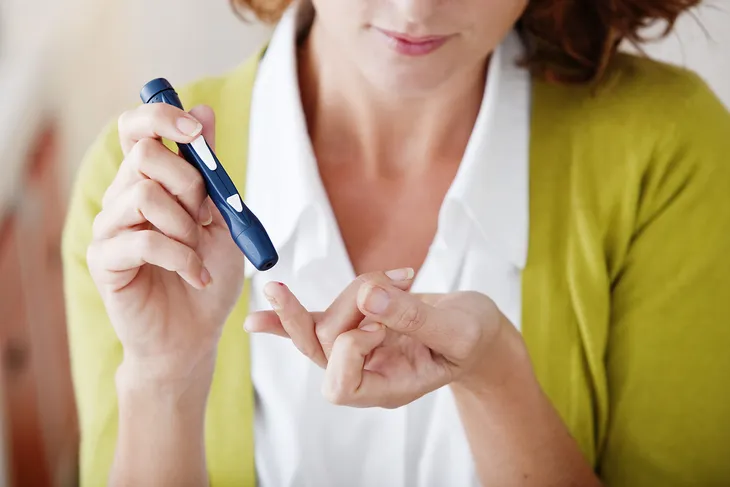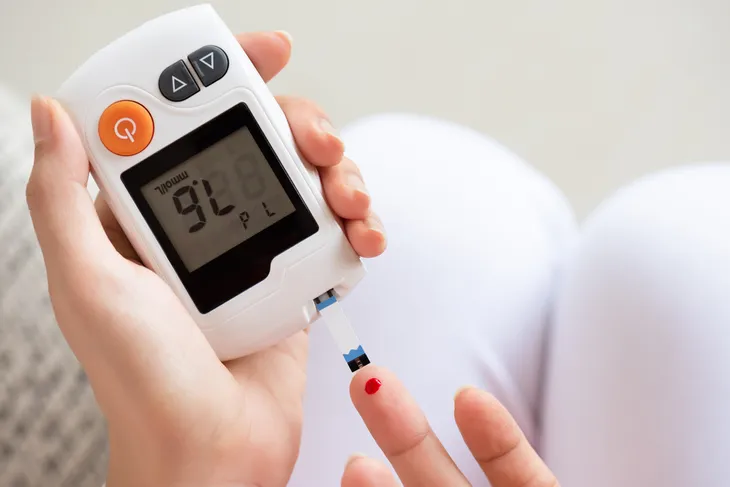Staying active during the colder months of the year is an important part of managing one’s overall health. From tobogganing to skiing to snowshoeing and ice skating — whatever it is, one way to keep the body moving is to participate in winter sports. For most people winter sports are an exhilarating way to get in some exercise when the temperature drops. While the same rings true for those living with type 1 diabetes, some extra preparation and effort is required.
Let’s face it, between the bad weather and frigid temperatures, winter doesn’t bring that many joys, except for the fun winter sports! Diabetes doesn’t have to get in the way of enjoying outdoor activities, it just requires a few extra steps in order to ensure proper safety.
Caring for Technology
When the temperature drops below freezing, many of the technologies used to manage diabetes stop working. Not only does the freezing temperature affect the technology, but it also affects the medication itself. Unfortunately, if it freezes it will stop working. Even once it’s thawed, it loses the majority of its function. Taking care of diabetes devices and medication while participating in winter sports is extremely important.
Here are some tips on what to use to manage diabetes that will help keep medication at a functioning temperature…
Pump
If you’re someone who needs a pump, wear it close to your body, pressed up against your skin. Make sure the tubing is tucked into your pants and not hanging out in the open. If it’s exposed, it could freeze the medication.
Wear it on the front of your body for easier access (i.e., waistband on tummy, clip-on undershirt, or sports bra).
Pens
If you’ll only be outdoors for a short period of time, consider leaving the pen at home. If you need to bring it with you, keep it in a pocket close to your body, under multiple layers of clothing. Medicated pens can be stored in your pocket or in a fanny pack close to a hand warmer, but make sure they aren’t touching i directly as an overheated medication pen is also a problem.
Glucometer, Continuous Glucose Monitor, Flash Glucose Monitor and Pump Receivers
If you’re using any of the above devices, be sure to pack them in a pocket or fanny back that is insulated with fleece or with a hand warmer. These devices are so sensitive and tend to lose function very quickly when exposed to cold temperatures.
Medication Dosing
Always talk to your doctor before you plan on doing any lengthy winter activities. Especially if you’re traveling far away. Most winter sports are aerobic exercises, so if you have done any jogging or dancing, it’s likely that your blood glucose levels will react in the same way.
Decreasing your basal (background) medication by 20 to 30-percent is usually a good idea, as well as having only a little or no medication that regulates blood glucose levels on board prior to any exercise. Eating a snack high in protein and fat is also a good idea to ensure stable levels.
General Safety
Now that we’ve gone over how to store and carry any medicated devices, here are a few other general tips to know about how to manage diabetes during the winter months, particularly when participating in outdoor winter sports.
- Supplies: Bring ample amounts of low glucose supplies. I would suggest one full tube of glucose tabs and a gel. Give an extra tub of glucose tabs or a gel to someone else to carry, if that makes you feel better. For cost savings, find a good hard candy or gummy to bring along.
- Snacks: Bring one or two granola bars. Make sure the bars are packed with other supplies that need to be kept warm as they can freeze easily.
- Stay Hydrated: It’s important to stay well hydrated, especially when engaging in physical activity. This is even more important when altitude is involved as it can make the body more susceptible to dehydration. Dehydration will cause blood glucose numbers to go high and become unpredictable, which can lead to complications and fatigue.
- Monitor Glucose Levels: Keep an eye on glucose levels throughout the day. Check at least every 30-minutes to an hour, if wearing a continuous glucose monitor or flash glucose monitor. This is especially important if it’s a new activity.
- Bring a Buddy: If it’s possible, don’t go out alone. Bring one other person along. This is especially important when the activity involves being far from home or easy accessibility like on a mountain for skiing. It would be even better if that person knew about type 1 diabetes and would be able to help if something went wrong.
- Dry Hands and Feet: Dress properly! Sometimes fashion needs to be put on the back burner in order to dress properly for the weather. Make sure hands and feet are well insulated and dry at all times. You might have to pay extra for better equipment or gear.
- Wear a Monitor: Consider wearing a continuous glucose monitor or flash glucose monitor when participating in a couple days of winter sport. These devices make it much easier to check blood glucose levels while wearing lots of layers. Testing glucose manually can be finicky and supplies can easily be dropped.
Winter sports are an exciting and invigorating part of the winter season. Although type 1 diabetes may present some initial barriers to participating in them, with the proper preparation and knowledge they can be enjoyed safely and fully.








